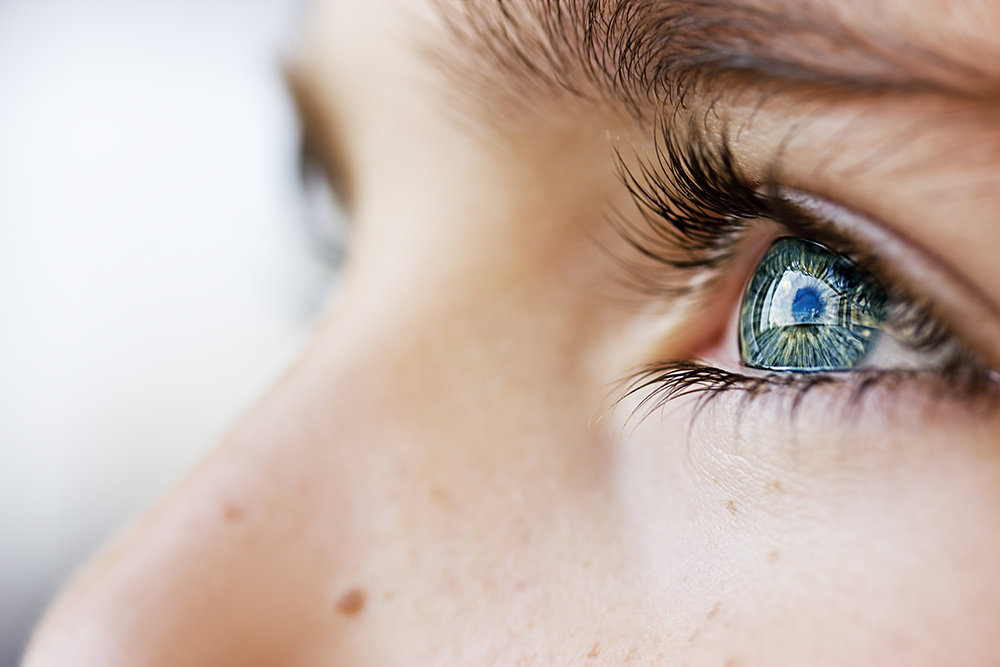 There is a stigma associated with addiction and recovery, due in part to the portrayal of alcohol and drug use in film. Repeated representations of individuals becoming addicted to alcohol and narcotics eventually evolve into recognizable tropes. Films commonly portray the peer-pressured adolescent, the struggling-to-stay-sober yet inevitably-prone-to-relapse musician, or the chronically addicted and physically abusive parent. The relationship between addiction and movies is a complex one. Either way, however, it’s undeniable that cinema shapes our perception of substances.
There is a stigma associated with addiction and recovery, due in part to the portrayal of alcohol and drug use in film. Repeated representations of individuals becoming addicted to alcohol and narcotics eventually evolve into recognizable tropes. Films commonly portray the peer-pressured adolescent, the struggling-to-stay-sober yet inevitably-prone-to-relapse musician, or the chronically addicted and physically abusive parent. The relationship between addiction and movies is a complex one. Either way, however, it’s undeniable that cinema shapes our perception of substances.
Cinema Therapy & Addiction
Cinema therapy posits that critical analysis of film can assist in addiction recovery. Essentially, cinema therapy boils down to watching a movie along with a larger group and then discussing it. While this may sound like a Thursday night for some people, the key component lies within the discussion. The distance between the individual and their past experiences is given another dimension through the characters in a film.
Talking openly about one’s own past can be extremely difficult for survivors of trauma and those in recovery. Being entirely honest and humbling oneself to address the changes necessary to make amends is not easy. For that reason, the injection of a fictional character into group recovery bridges the gap effectively. Free of internalizing judgment, recovering viewers feel open to speak their opinions of a character in a film. While they may typically reserve such comments for their internal monologue, they become able to talk openly in this setting. Recognizing the steps a character takes towards or away from healing can provide valuable insight.
The Value of Empathy
As people in recovery, one of the most powerful tools we have at our disposal is our empathy. It can function as a superpower. For some, tapping into this ability can seem as impossible as flight or teleportation. Well-crafted stories and films serve as the ignition for kickstarting our empathy.
Think about your favorite shows and movies. It might sound silly, but the reason they have cemented themselves as favorites is that the characters allow us to feel a certain way. This is empathy in action, and by accessing it, we empower our recovery.
Learning that others will understand and not think less of you for your experiences is an essential step in overcoming your trauma. Cinema therapy can expose you to films about people who have struggled with similar situations. When you watch these movies with others, you can open the door for a more in-depth conversation about your own past. At The Guest House Ocala, we value each of our guests as an individual. We recognize that everyone who enters our program faces their own unique struggle with addiction, trauma, or a mental health disorder. Call The Guest House today at 855-483-7800.